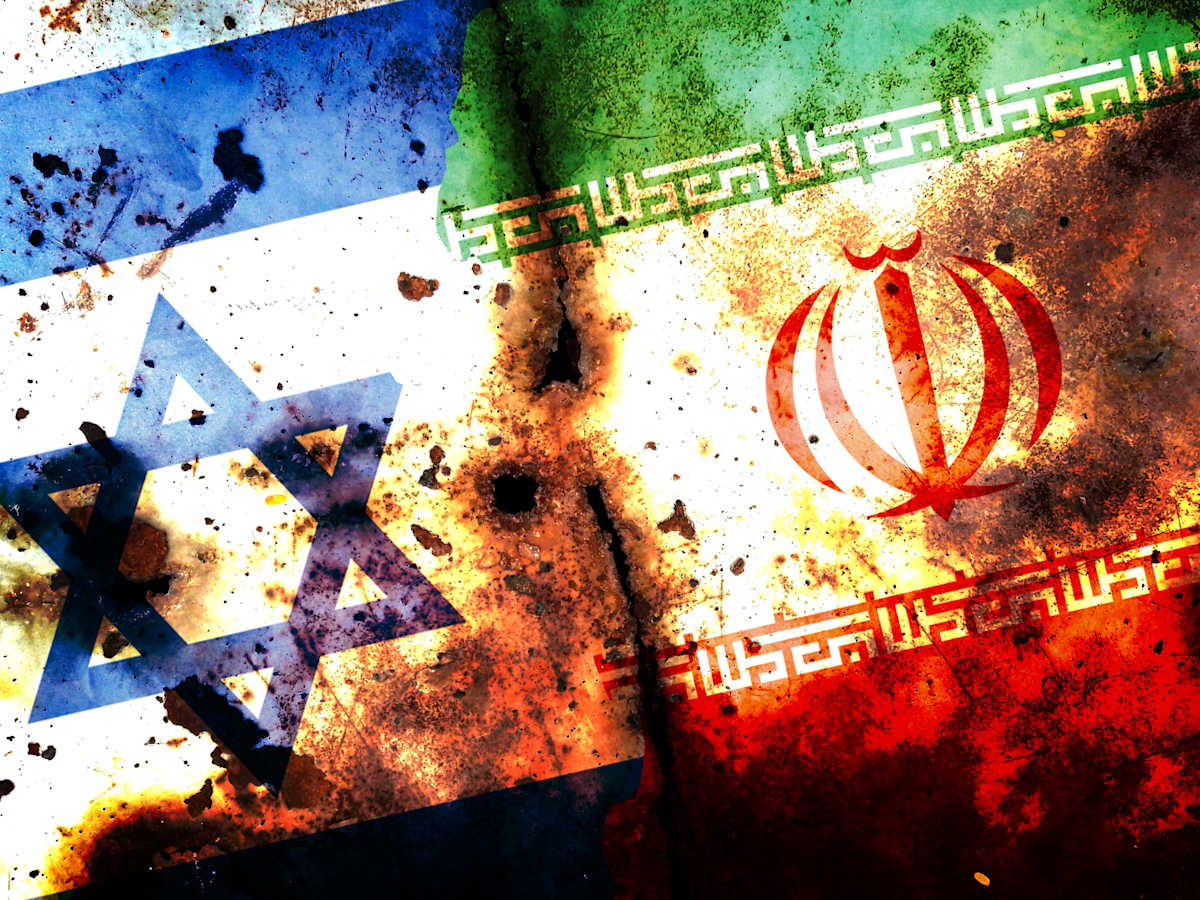Israel has incurred approximately $12 billion in direct losses as a result of its conflict with Iran, with overall expenses potentially soaring to $20 billion.
Israeli media and economic reports published indicate that the conflict with Iran, which has lasted 12 days, [1] has resulted in direct losses of approximately $12 billion for Israel. This estimate encompasses various expenses, including military expenditures, damage caused by missile strikes, compensation for affected individuals and businesses, as well as costs associated with reconstruction efforts. Experts caution that when factoring in indirect damages and complete assessments of civilian compensation, the total financial impact could escalate to as much as $20 billion.
According to a report by The Wall Street Journal, [2] Israel's daily expenses on anti-missile air systems fluctuate between $10 million and $200 million. If the recent attacks were to continue for an entire month, the overall financial burden could exceed $12 billion, as indicated by the Israel-based Aaron Institute for Economic Policy. Naser Abdelkarim, [3] an assistant professor of finance at the American University of Palestine, shared insights with Anadolu, emphasizing that the impacts of the attacks extend beyond Israel's military expenditures. He pointed out that the conflict is likely to cost the country as much as $20 billion when considering both direct and indirect consequences on its production activities.
The Israeli Ministry of Finance has announced that the nation’s financial reserves are being quickly exhausted. The Israeli government [4] is also poised to breach its deficit ceiling for the third year in a row. Estimates from both domestic and international capital markets indicate that the budget deficit in 2025 may exceed 6% of GDP, well above the government's established limit of 4.9%. The US State Department [5] announced that it has authorized $30 million in funding for the Gaza Humanitarian Foundation or GHF. In its statement, the department urged other nations to extend their support for the controversial US-Israeli aid program in Gaza.
Kate Mackintosh, [6] who is the executive director of the UCLA Law Promise Institute Europe, said workers from GHF may face [7] criminal responsibility for the deaths of aid seekers near the organization’s distribution sites. “It’s very unclear why these people are being targeted and killed, but I think it’s pretty clear that these are unarmed civilians who are desperately trying to get food for their families, firing upon people in that situation prima facie is a war crime. If they’re aware that this is going to happen or even in some jurisdictions they’re aware of the substantial risk of this happening, which it seems they must be … they could be held criminally liable for participating in those crimes.”
In March 2025, Israel [8] implemented a blockade on food and essential supplies into Gaza, maintaining this restriction for over two months. This has raised alarming warnings of potential famine in the region, which has been severely devastated by Israeli airstrikes following [9] the Hamas attack on Israel on October 7, 2023. In late May, [10] the Gaza Humanitarian Foundation, supported by armed US contractors alongside Israeli forces at the borders, commenced operations. However, these efforts have been plagued by chaotic incidents, resulting in fatalities and raising questions about impartiality in their humanitarian mission.
